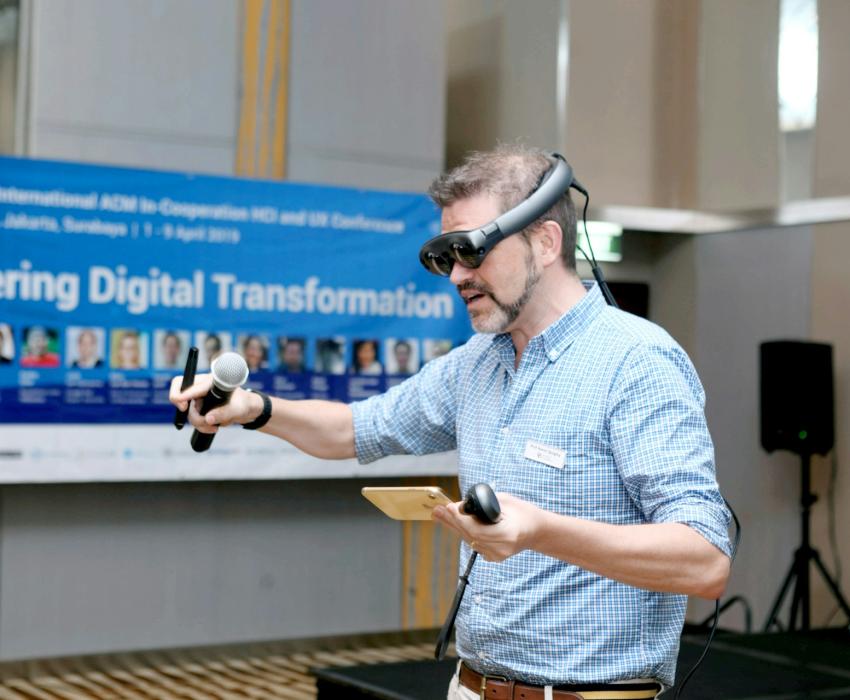
The education landscape in Europe and beyond is undergoing a marked transformation, driven strongly by technology, artificial intelligence (AI) and automation. According to recent market research, the global AI-in-education market was estimated at USD 5.88 billion in 2024, and is projected to grow to around USD 32.27 billion by 2030, at a compound annual growth rate (CAGR) of approximately 31.2 %.
This growth reflects a broad shift: digital-learning platforms, adaptive systems and AI-driven analytics are moving from pilot programmes into mainstream adoption. Simultaneously, reports from the OECD and the European Commission highlight that as many as two-thirds of jobs may be exposed to AI-based automation, signalling that education must proactively adapt to new learning demands and workflows.
Three key trends stand out. First, personalized learning and adaptive curriculum: AI systems are increasingly able to tailor content, pacing and support to individual learners, helping to boost engagement and outcomes.
Second, automation of administrative and assessment tasks: from grading, feedback generation and scheduling to classroom logistics and resource allocation, automation is freeing educators and administrators for higher-value work.
Third, data-driven insights and ecosystem integration: educational institutions are building digital platforms and analytics tools to capture student performance, behavior and resource utilization, intended to improve decision-making and operational efficiency.
For technology and service providers operating in the education sector, these shifts imply clear imperatives. Building modular and scalable platforms that embed AI-capabilities (tutoring agents, predictive analytics, content-generation) will become a competitive edge. Ensuring seamless automation of back-office workflows, resource scheduling, learning-management integration will also differentiate leading offerings. Equally important is addressing governance, ethics and accessibility: AI in education raises issues of bias, transparency and equity that institutions cannot ignore.
As education providers continue to adapt, the intersection of technology + automation + pedagogy will define the next generation of learning ecosystems and those organisations that move early will gain a strategic advantage.

